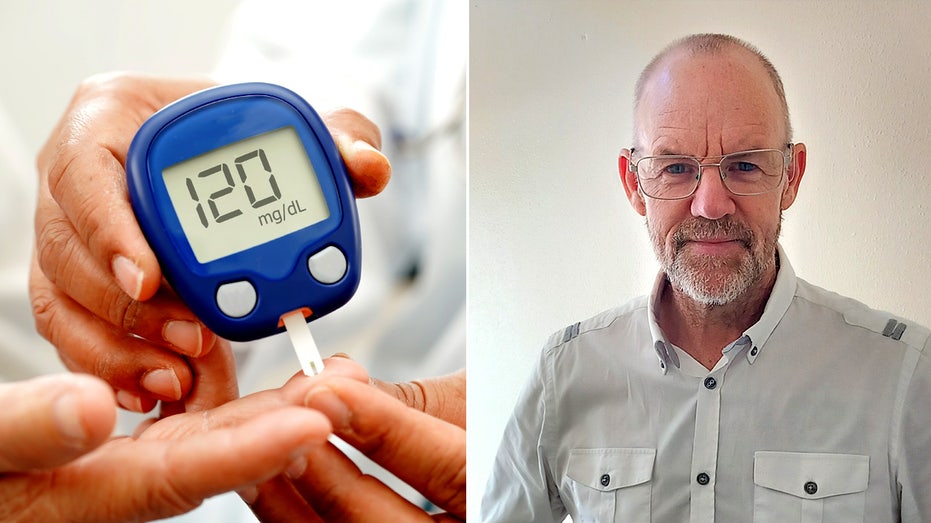Breakthrough Drug Wipes Out Genetic Cholesterol, Offers New Hope for Heart Disease

Sarah Johnson
April 18, 2025
Brief
A new drug, lepodisiran, dramatically lowers genetic cholesterol-like Lp(a) levels linked to heart attacks and strokes, offering hope for millions with previously untreatable cardiovascular risk.
A new experimental medication has delivered a major blow to one of the toughest, most stubborn cholesterol-like particles linked to heart attacks and strokes: lipoprotein(a), or Lp(a).
Most people have never heard of Lp(a), but if your genes have handed you high levels, you might be among the 20-25% of the global population carrying this risky passenger in your bloodstream. That’s about 64 million Americans and a staggering 1.4 billion people worldwide. Unlike the usual 'bad cholesterol' (LDL), Lp(a) isn’t something you can control with your kale smoothie obsession or even a marathon habit—it's almost entirely written in your DNA.
The Cleveland Clinic, leading the charge, declared Lp(a) "one of the last untreatable frontiers of cardiovascular risk." Until now, no approved treatments could bring Lp(a) down, and honestly, it’s about time science caught up. Enter lepodisiran, an experimental drug from Eli Lilly, designed to silence the gene responsible for pumping out Lp(a) in the first place.
The latest study, published in The New England Journal of Medicine and unveiled at the American College of Cardiology’s annual meeting, tested the drug on 320 participants from ten countries. These weren’t borderline cases either—the average Lp(a) level among them was about 250 nanomoles per liter, over three times the normal upper limit.
Participants received either a placebo or one/two injections of lepodisiran. The results? After just one high-dose shot, Lp(a) levels plummeted by nearly 100% at six months. Those who got a second dose kept their levels that low at the one-year mark. Basically, the drug turned Lp(a) into a ghost in the bloodstream—now you see it, now you don’t.
Lead author Dr. Steven Nissen from the Cleveland Clinic noted that, unlike LDL, which can be managed with diet, exercise, or statins, Lp(a) stubbornly ignores all those efforts. Dr. Deepak Bhatt of Mount Sinai added that since Lp(a) is determined by a single gene, your levels stay the same from young adulthood through retirement age—no matter how many salads you eat.
The trial included a diverse international group, but researchers admitted there were only a few Black participants—a concern because previous research shows Black individuals often have higher Lp(a) levels. The team is working to correct this in the larger phase 3 trial now underway.
Side effects were minimal, with just 12% of participants reporting mild reactions at the injection site. While these findings are promising, the study hasn’t yet proven that lowering Lp(a) actually cuts down on heart attacks or strokes—those answers are expected from the ongoing next phase of research.
Both the European Society of Cardiology and the U.S. National Lipid Association recommend every adult get their Lp(a) levels checked at least once. It's simple: your Lp(a) is set for life. As Dr. Nissen put it, "Whatever your level is when you're 24 is the level when you’re 64—it doesn’t change, because it’s genetic." So, one test, and you know where you stand for good.
While we’re not quite at the finish line, lepodisiran could be a game-changer for millions who have been told there’s nothing they can do about their genetic heart risk. If you’re in that club, it may soon be time to ask your doctor about the new kid on the cholesterol-block—science might finally have your back.
Topics
Editor's Comments
Honestly, it’s wild that in 2025, we’re just now cracking the code on a cholesterol particle that’s been quietly sabotaging hearts for decades. If only all our genetic problems could disappear with a single shot—my family reunions would be much less stressful.
Like this article? Share it with your friends!
If you find this article interesting, feel free to share it with your friends!
Thank you for your support! Sharing is the greatest encouragement for us.



